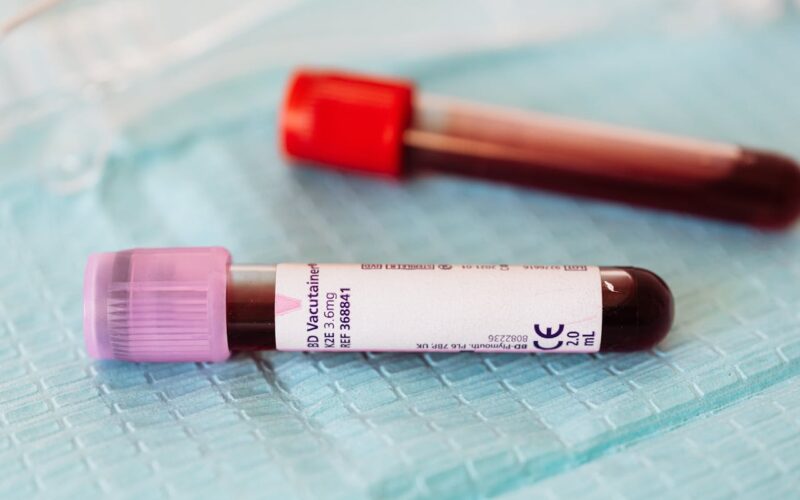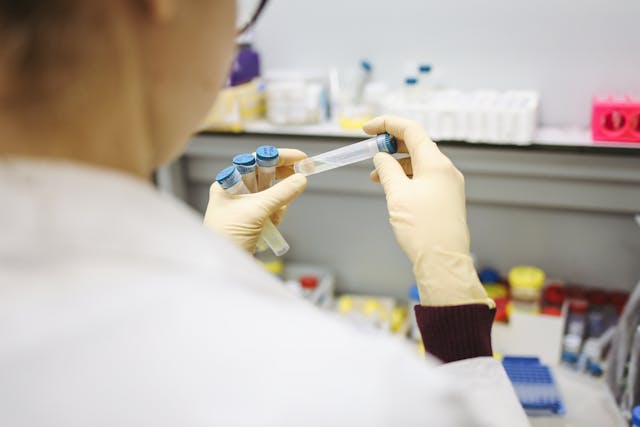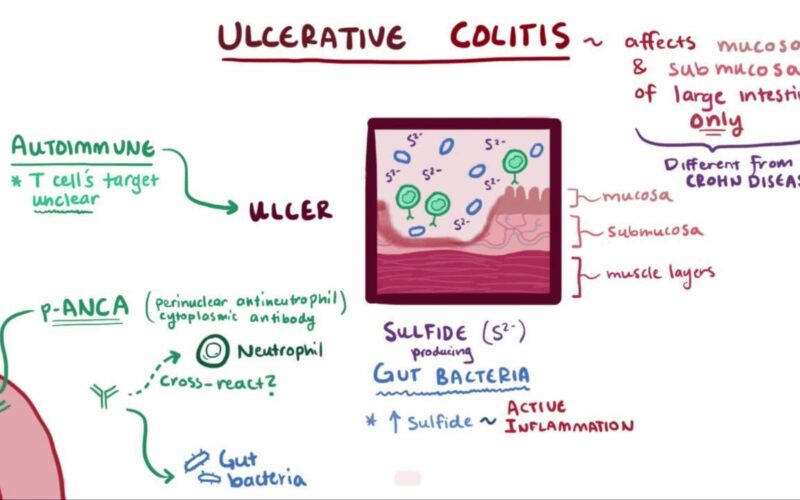Is Ulcerative Colitis Genetic?
Ulcerative colitis (UC) is a chronic inflammatory bowel disease (IBD) characterized by inflammation of the colon and rectum. It affects millions of people worldwide, causing symptoms such as abdominal pain, diarrhea, and rectal bleeding. One of the crucial questions in understanding UC is whether it is genetic. This article delves into the genetic factors associated with ulcerative colitis, explores the environmental influences, and discusses the interplay between genetics and other risk factors. Understanding Ulcerative Colitis Ulcerative colitis is an autoimmune condition where the immune system mistakenly attacks the cells lining the colon, leading to inflammation and ulcers. Unlike Crohn's disease,…










